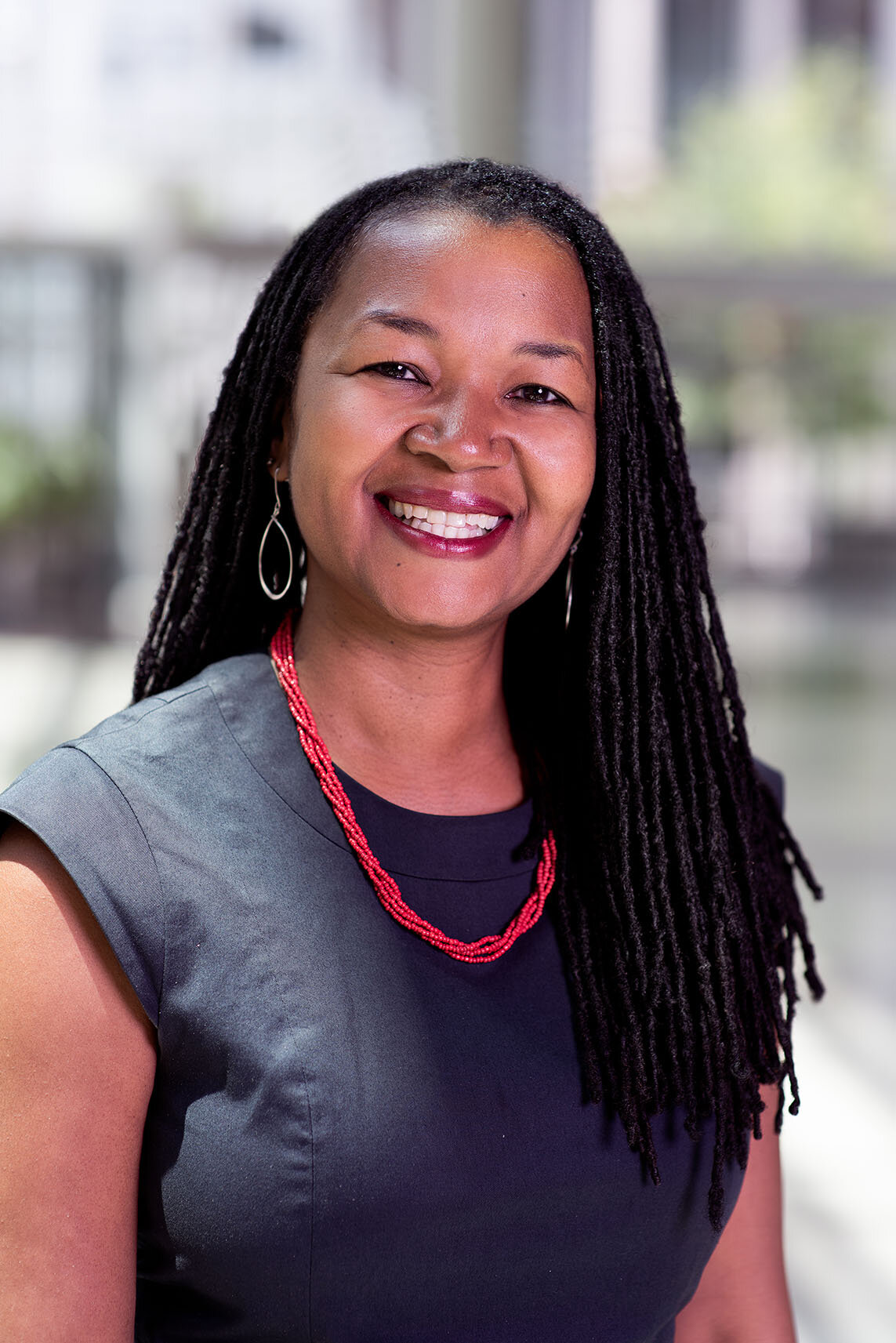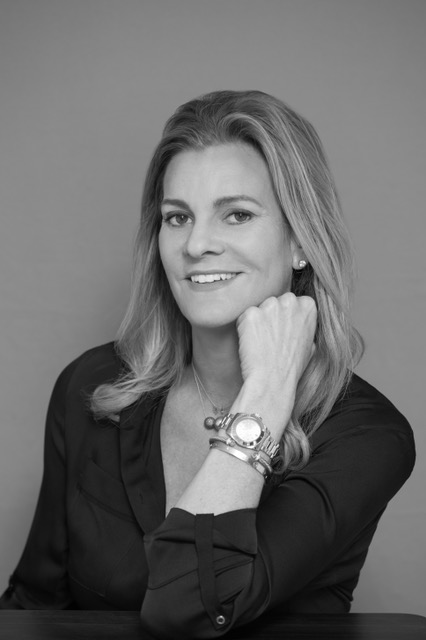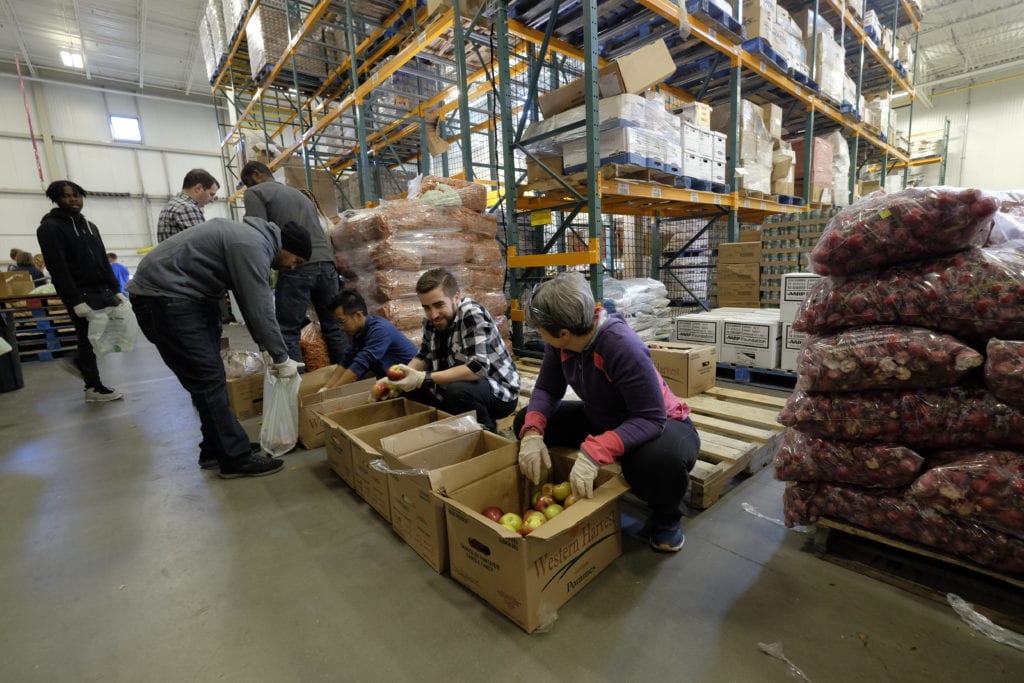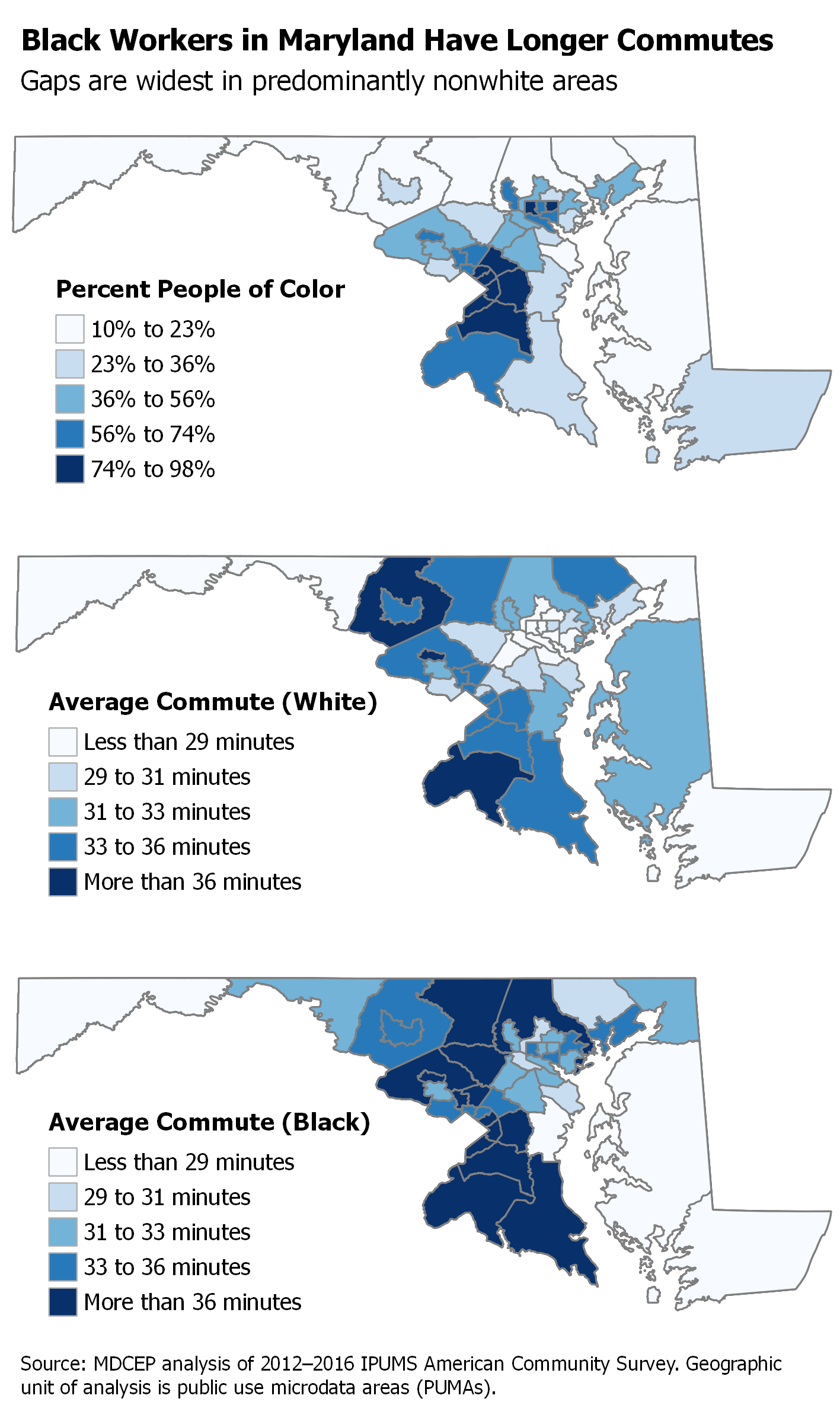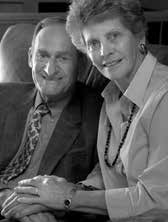“We have goals. We have families. We are people. I lost my job and became homeless. I got another job, but couldn’t afford a home. I was homeless for 25 years, but no one knew. I took later shifts to have a place to be warm.” - Rhonda Whitaker, advocate with lived experience.
Having income from a job, Social Security disability benefits, or retirement benefits is no guarantee of being able to afford a place to live. Just over half of all single adults and over 80 percent of adults in families who are experiencing homelessness in DC have income of some kind, and like Rhonda, 22 percent of people experiencing homelessness in DC are employed. Affordable rental housing is housing that a person or family can obtain by paying no more than 30 percent of their income for rent. Anyone paying over 30 percent is considered rent-burdened by the U.S. Department of Housing and Urban Development.
In DC, a person earning minimum wage would need to work two full-time jobs in order to afford a one-bedroom apartment in our city at Fair Market Rent.
This housing affordability crisis doesn’t just impact the 6,500 people who experience homelessness on any given night in the District— it also puts families who have homes at risk. In DC, there are approximately 39,500 extremely low-income households who pay over 30 percent of their income on housing. Nearly two-thirds of these households spend over half their income on rent, and many pay 80 percent or more of their income on rent. Low-income families who live in unaffordable housing face increased food insecurity and are more likely to delay necessary medical care due to lack of funds. Children growing up in families without affordable housing often struggle in school. These households are only one unexpected expense or job loss away from becoming homeless. And with increasing economic challenges brought on by the COVID-19 crisis, this risk is growing.
Understanding Median Family Income
The Department of Housing and Urban Development (HUD) estimates Median Family Income (MFI) annually for each metropolitan area and non-metropolitan county. HUD uses this information to determine eligibility for assisted housing programs. In the DC Metro Area, a family of 4 with an income of up to $37,800 per year would be considered extremely low-income (0 to 30 percent MFI).
Issues of Equity and Affordable Housing
The median income for all DC households has increased considerably over the last decade when adjusted for inflation, but not all of our neighbors have benefited. According to a report from the D.C. Fiscal Policy Institute, Black households were the only major racial or ethnic group in DC to see no progress in household income in the last 10 years when adjusting for inflation. During the same period, housing prices in D.C. increased by 50 percent and rental prices increased by 55 percent in our region.
Housing is healthcare and everyone needs housing they can afford.
Affordable housing in DC is supported by a variety of construction and long-term financing tools. For example, the federal government provides Low Income Housing Tax Credits and funding for housing rental vouchers, and DC’s government has a Housing Production Trust Fund and Local Rent Supplement Program. DC also uses policies like inclusionary zoning to ensure that private market developments incorporate affordable units, and requires that up to one-third of new units built on public land sold for development be affordable. Nonprofits, faith-based institutions, and the private sector also help develop affordable housing. DC’s Douglass Community Land Trust uses an innovative model to acquire land to preserve its long-term affordability. Churches across the city provide low-cost land for affordable housing development. Private sector resources are brought to the table by groups like the Washington Housing Conservancy and the Washington Housing Initiative, both of which focus on building and preserving affordable workforce housing (60 to 80 percent of median family income).
But even with all of these resources and partners, creating an adequate supply of affordable housing for our lowest income neighbors, those making up to 60 percent of median family income, is challenging. Building and operating expenses — land, labor, basic materials, utilities, repairs, and maintenance — are largely the same for all apartment buildings no matter what rents tenants can afford to pay, which means that projects that provide affordable housing require more financial support and higher tolerance for investment risk. This is where philanthropic efforts, like the Partnership to End Homelessness, are most needed and best positioned to help solve the problem. Philanthropy is flexible, willing to take calculated risks, and committed to long-term and innovative investments that advance equity in our communities.
We know that in order to end homelessness in DC, we need to have housing that everyone can afford. That’s why we’re focused on increasing the supply of housing that is affordable for those who are most likely to experience homelessness and housing instability in our city.
The Partnership’s Impact Investment is one innovative tool that works to deliver affordable housing for individuals and families making up to 60 percent of median family income (MFI), with a priority on ensuring DC has affordable housing for extremely low-income residents (0-30 MFI). It pools philanthropic investments to support construction and long-term financing for affordable housing projects while delivering a return on investment. In its first year, the Partnership’s investment in Enterprise Community Loan Fund’s impact note has helped fund the development and preservation of 408 affordable units in DC, including 8 new units for extremely low-income formerly homeless individuals living with HIV/AIDS at Homes for Hope’s G Street Campus, and 50 new affordable units including 13 permanent supportive housing units for extremely low-income families on Eastern Avenue in NE DC.
How You Can Help Create More Affordable Housing in DC
Participating in the Partnership’s Impact Investment can aid in bringing financial resources to assist in the fight to end homelessness and housing insecurity by increasing the production of deeply affordable and supportive housig.
Advocacy from the community is critical to ensuring that the city can continue to build affordable housing. This includes advocacy for increased budget for construction and long-term affordable housing programs. It also includes supporting new affordable housing developments in your neighborhood at local ANC and community meetings. Join the Partnership mailing list to be alerted to opportunities for action.

